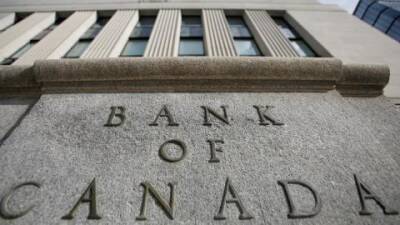Here Are The Timelines And Status Of Central Bank Digital Currencies In Some Countries
Quite a few countries like India and the United States are considering central bank digital currencies
Digital currencies currently are rising in popularity. A global acceptance of these modes of transaction is facilitating this trend. While cryptocurrency gained much attraction due to its decentralised system, governments around the globe are trying to make the most out of virtual currencies in a different way. They can do this with the use of a Central Bank Digital Currency (CBDC), which will be under the control of the central bank. It's basically the digital form of a country's fiat currency. In this case, the central bank issues electronic coins or accounts backed by the government.
As of March 2022, 87 countries are considering issuing a CDBC, according to the Atlantic Council, an independent organisation based in Washington, D.C. Out of those, 9 countries —The Bahamas, Nigeria, and 7 countries in Eastern Caribbean Union — have already launched a centrally governed digital currency. About 2 years ago, in May 2020, only 35 countries were thinking of issuing a CBDC.
The Bahamas
In October of 2020, the Central Bank of the Bahamas issued the Sand Dollar. It was the world's first CBDC that covered an entire country.
Nigeria
In October 2021, Nigeria became the first African country to establish a CBDC. The eNaira is kept in a digital wallet and can be used for in-store contactless payments as well as money transfers.
Eastern Caribbean Union
Seven Eastern Caribbean Union countries developed their own digital currency to assist in speedy transactions and serve those without bank accounts. Antigua and Barbuda, Dominica, Grenada, Montserrat, St. Kitts and Nevis, Saint Lucia, and St. Vincent and the Grenadines are the seven
Read more on ndtv.com




















